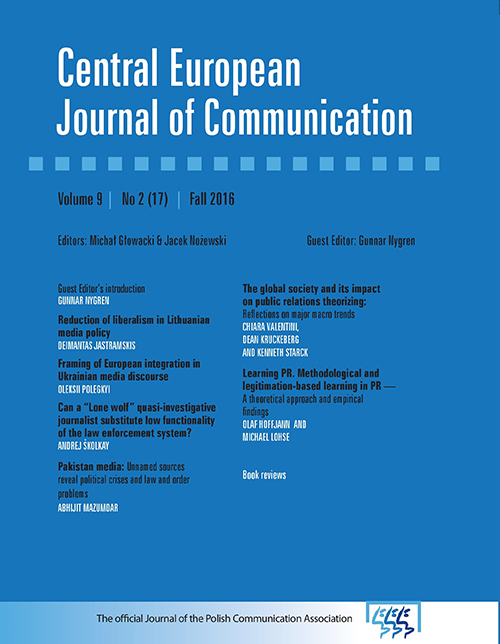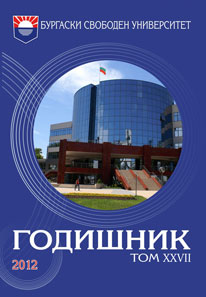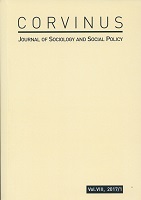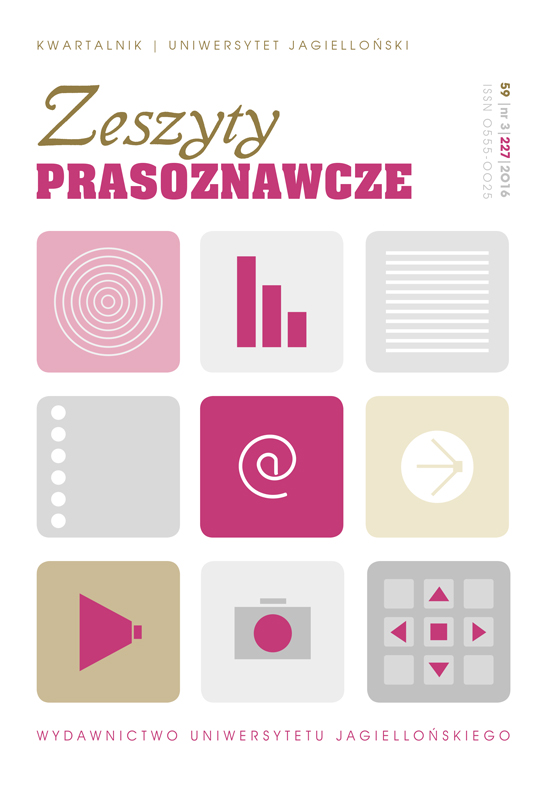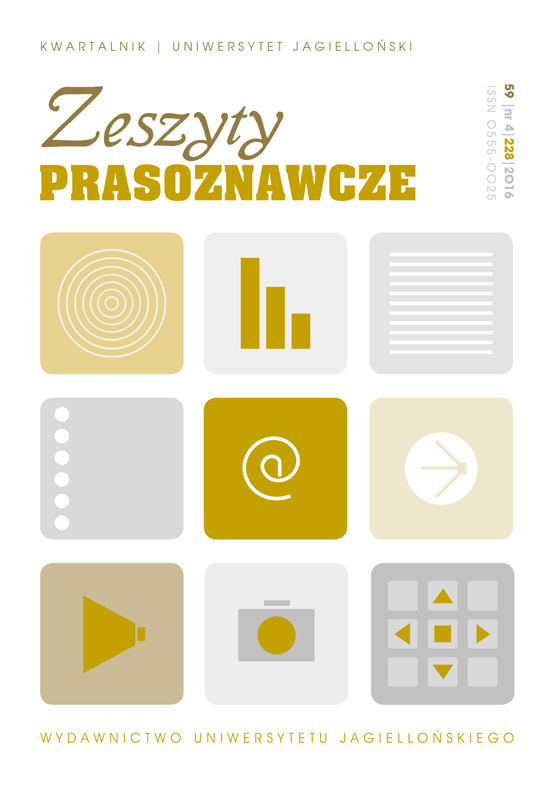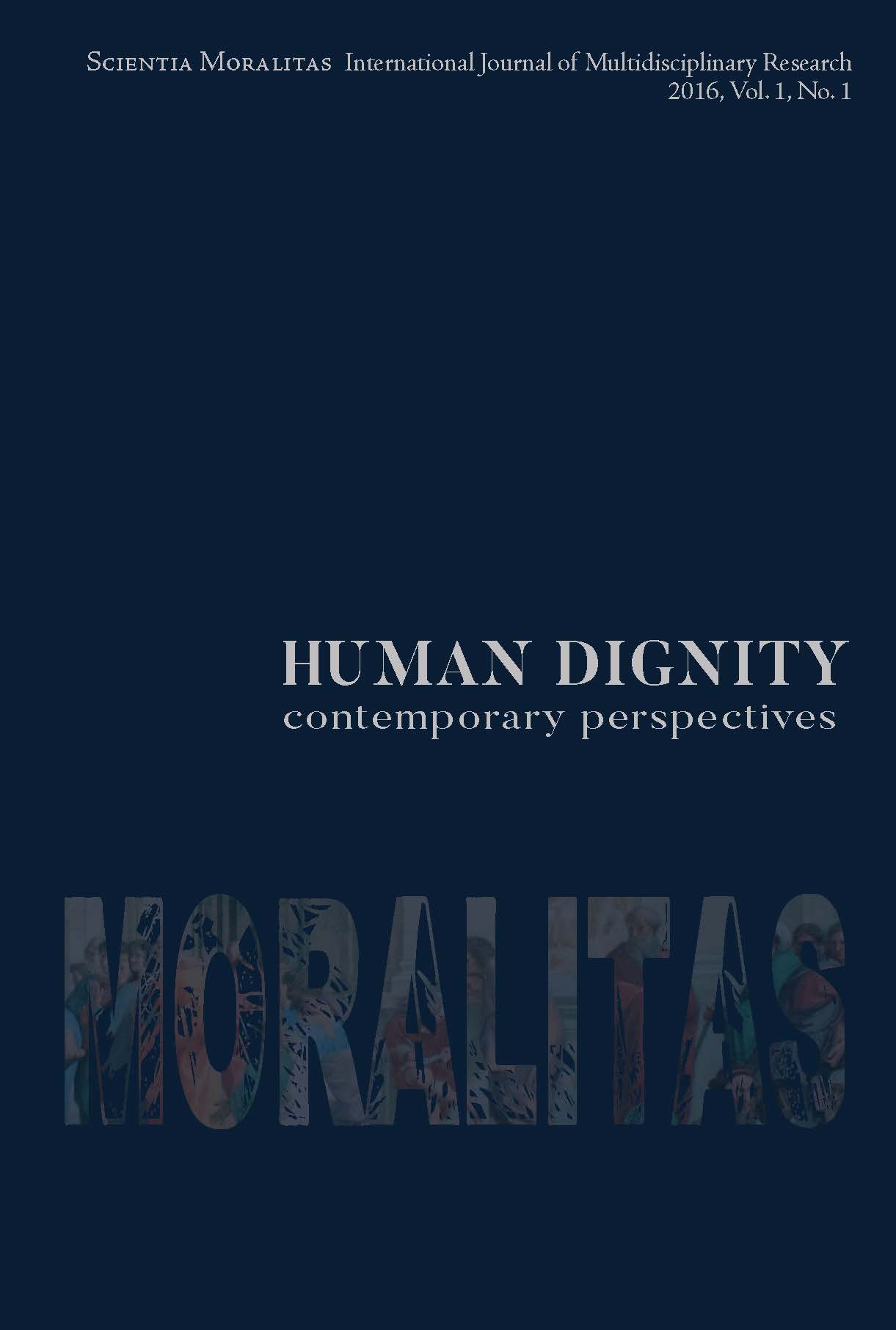
Digital Humanities Culture: Enabler or Obstacle for the Development of Human Dignity?
The turn imposed by new digital technologies of information and communication to humanities and social sciences is not limited to a mutation in the sphere of superficial uses. The phenomenon of digital humanities is before all but after all, an expression of the profound changes taking place in scientific thinking, a change whose major effect is the blurring of the border between substance and function. Therefore, the question that arises is that of the consequences of the penetration of technique into epistemic order.
More...
